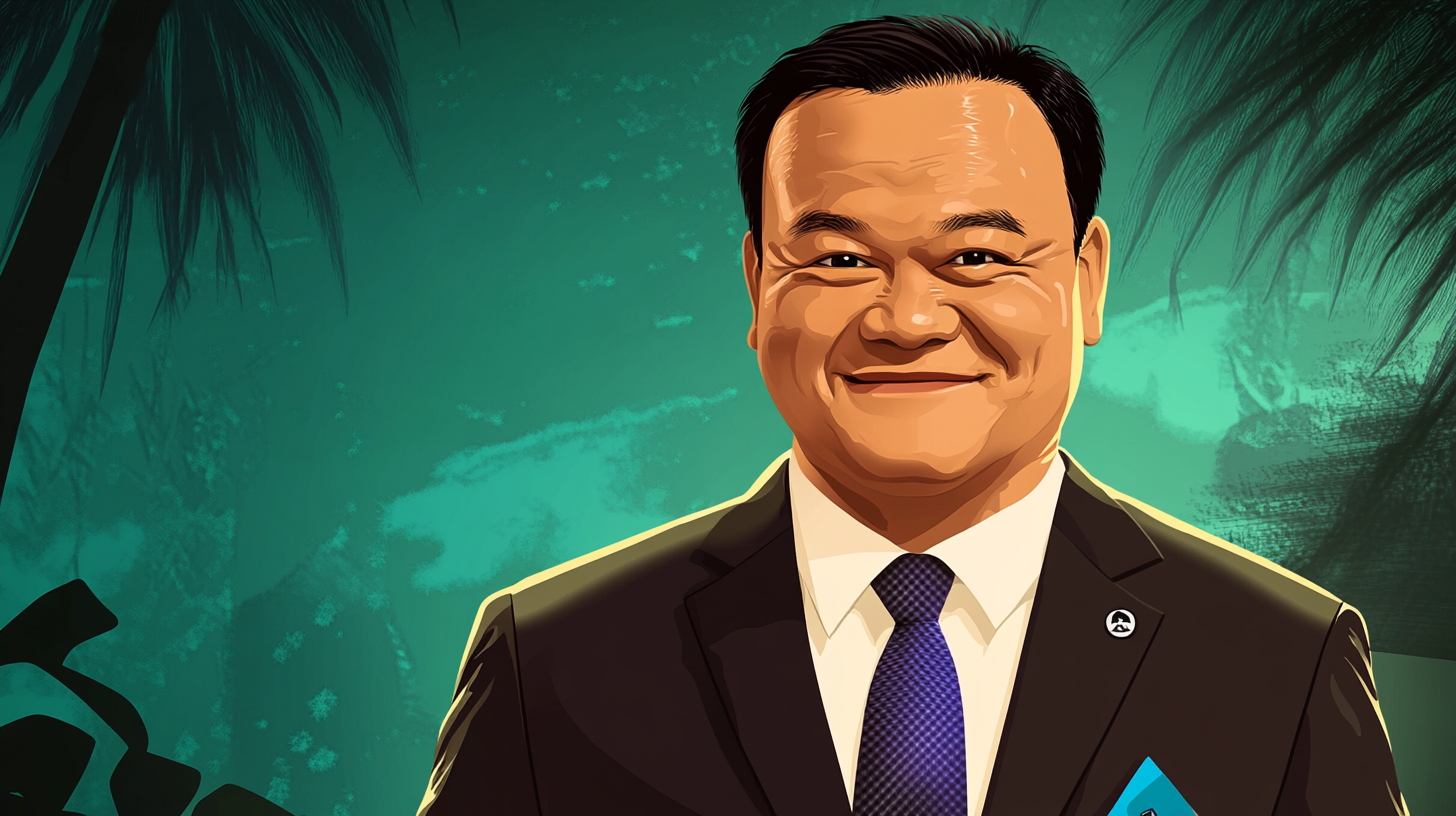Last updated on August 28th, 2024 at 07:59 am
- Why It Matters: The reclassification of cannabis could criminalize thousands who have been using cannabis legally under previous regulations, disrupting both medical and economic advancements.
- Driving The News: Thailand’s Minister ANUTIN CHARNVIRAKUL questioned the Narcotics Control Board’s decision to reclassify cannabis as a narcotic, citing a lack of clear evidence and potential legal confusion.
- What To Watch: How the reclassification will impact the legal status of cannabis users and growers, and whether the government will provide clear regulations to address the emerging concerns.
BANGKOK, THAILAND — The cannabis policy debate in Thailand is heating up as ANUTIN CHARNVIRAKUL, Deputy Prime Minister and leader of the Bhumjaithai Party, questioned the recent decision by the Narcotics Control Board to reclassify cannabis as a narcotic. During a press briefing, Anutin expressed concerns about the lack of concrete evidence and the potential legal confusion this decision could create for thousands of Thais who have been using cannabis legally.
Anutin, who played a pivotal role in decriminalizing cannabis in 2022, pointed out that reclassifying cannabis would reverse much of the progress made in allowing citizens to use cannabis under controlled conditions. He highlighted that if cannabis flowers were to be reclassified as a narcotic, it would effectively criminalize individuals who had been growing and using cannabis within the legal framework established over the past two years.
“The decision lacks a clear rationale, with only vague information being presented,” ANUTIN said. He noted that the same board responsible for decriminalizing cannabis is now pushing for its reclassification without offering new, concrete data to support the shift. This inconsistency raises questions about how the reclassification will affect those who have received permission to grow or use cannabis, especially when thousands of individuals were released from legal consequences in 2022 following the initial decriminalization.
Anutin urged that if cannabis is to be reclassified, the Ministry of Public Health must provide a clear legal path for those currently cultivating or using cannabis, particularly for medical purposes. The minister emphasized the importance of not allowing the situation to backslide into confusion, where changes in leadership could lead to unstable policies and public uncertainty. “We need clear laws, not flip-flopping decisions that leave the public in limbo,” he added.
Critics argue that the lack of consistent regulation could drive the cannabis market underground, making it harder to control and increasing risks to public health. Proponents of cannabis legalization stress the need for balanced and evidence-based policies that safeguard public safety while allowing for medical and economic benefits.
As Thailand navigates this complex issue, stakeholders are calling for transparency and a science-driven approach that considers both the medical benefits of cannabis and the potential downsides of criminalization.
Contributing Sources: Matichon.
